Industrial boiler breakdowns can bring production to a standstill, resulting in costly downtime, safety risks, and workflow disruptions. In urgent cases, delays in technical support or field repair services can lead to financial loss and reputational damage. Yet, many operators are unaware of what kind of response time to expect, or how to ensure they receive prompt service when emergencies arise.
The response time for industrial boiler technical support is typically within 1–4 hours for remote assistance, while on-site repair services usually take 24–48 hours under standard service agreements. For critical or emergency situations, response times can be expedited to as fast as 4–8 hours, depending on the provider’s resources, contract terms, and site location.
If rapid recovery is vital for your operation, understanding service agreements, provider capabilities, and location factors is essential. Read on to discover how to plan and ensure fast response for your boiler emergencies.
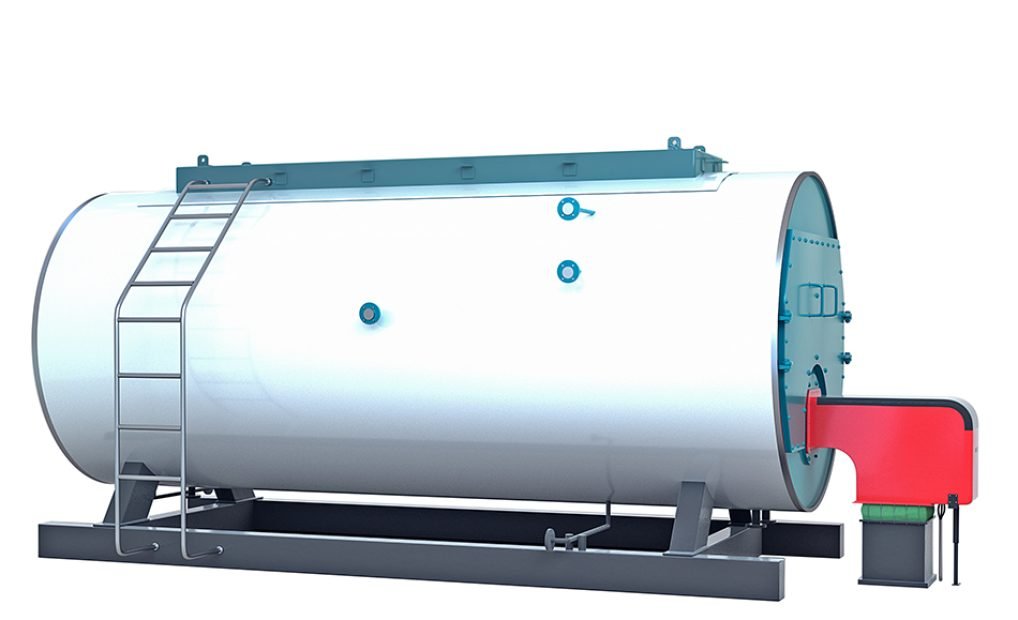
What Is the Average Response Time for Remote Technical Support for Industrial Boilers?
When your industrial boiler shows signs of trouble, remote technical support is often the first and fastest lifeline. It can resolve many issues without the cost or delay of sending a technician on-site. But how fast can you expect help to arrive when you call? Understanding the average response time for remote support allows you to plan better and reduce downtime.
The average response time for remote technical support for industrial boilers is typically 1 to 4 hours during normal business hours. With premium or 24/7 service plans, response time can drop to under 1 hour—even on nights, weekends, or holidays.
Faster remote support helps diagnose problems early, suggest corrective actions, and keep your boiler running with minimal interruption.
Remote boiler support services usually respond within 1 to 4 hours.True
Most boiler OEMs and service partners offer same-day remote support during business hours, with faster responses available under service agreements.
Response Time Overview by Support Level
| Support Plan Type | Average Response Time | Availability |
|---|---|---|
| Basic (Business Hours Only) | 2–4 hours | Monday–Friday, 8 AM–5 PM |
| Standard 24/7 Plan | 1–2 hours | Anytime, including weekends |
| Premium / Priority Plan | <1 hour | 24/7, with guaranteed SLA windows |
| Ad-hoc / Non-Contract Call | 4–12 hours (variable) | Business hours only, no priority |
What Affects Response Time?
Service contract level (basic vs. premium)
Time of contact (weekends and holidays may slow basic plans)
Information provided (faster when issue details and error codes are shared up front)
Geographic location of support center
Tip: Prepare your support request with boiler model, serial number, fault description, and photos or screenshots. It helps the support team respond faster and more accurately.
Final Word
Remote support is your first line of defense—and with the right plan, help can be available in under an hour.
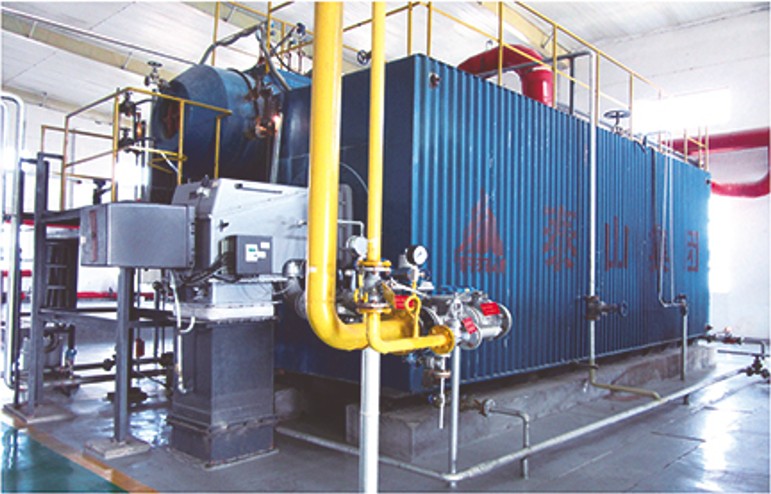
How Long Does It Typically Take for On-Site Boiler Repair Services to Respond?
When an industrial boiler breaks down, fast on-site repair is critical to avoid extended downtime and production losses. But how soon can you expect a technician to arrive after calling for help? The response time for on-site boiler repair depends on your service contract, location, and issue severity. Knowing the typical timelines helps you plan better, manage emergencies, and protect operations.
On-site boiler repair response times typically range from 6 to 48 hours. Emergency service under a premium contract can be provided the same day, often within 6–12 hours. Standard service without a contract may take 2–5 business days.
Faster response times are available for customers with a service agreement or facilities in major industrial regions.
Having a boiler service contract significantly reduces on-site repair response time.True
Customers with service agreements often receive same-day or priority scheduling, while others may wait several days based on technician availability.
Typical On-Site Repair Response Times by Service Type
| Service Level | Average Response Time | Availability |
|---|---|---|
| Emergency (with contract) | 6–12 hours (same day) | 24/7 or guaranteed within 1 day |
| Standard (with contract) | 24–48 hours | Within 1–2 business days |
| No Contract (ad hoc service) | 2–5 business days | Based on technician availability |
| Remote Location Access | +1–2 days | Travel time may add delay |
What Can Affect Repair Time?
Your contract type (emergency, standard, or none)
Time and day of request (weekend/holiday delays possible)
Location of facility (urban sites get faster access than remote plants)
Availability of parts (repairs may be delayed if parts must be ordered)
Tip: To speed up service, provide your boiler’s serial number, detailed fault description, and photos when you make the call.
Final Word
Fast on-site service depends on preparation and planning. With a service contract in place, you can often get a technician on-site the same day to prevent losses and get back online quickly.
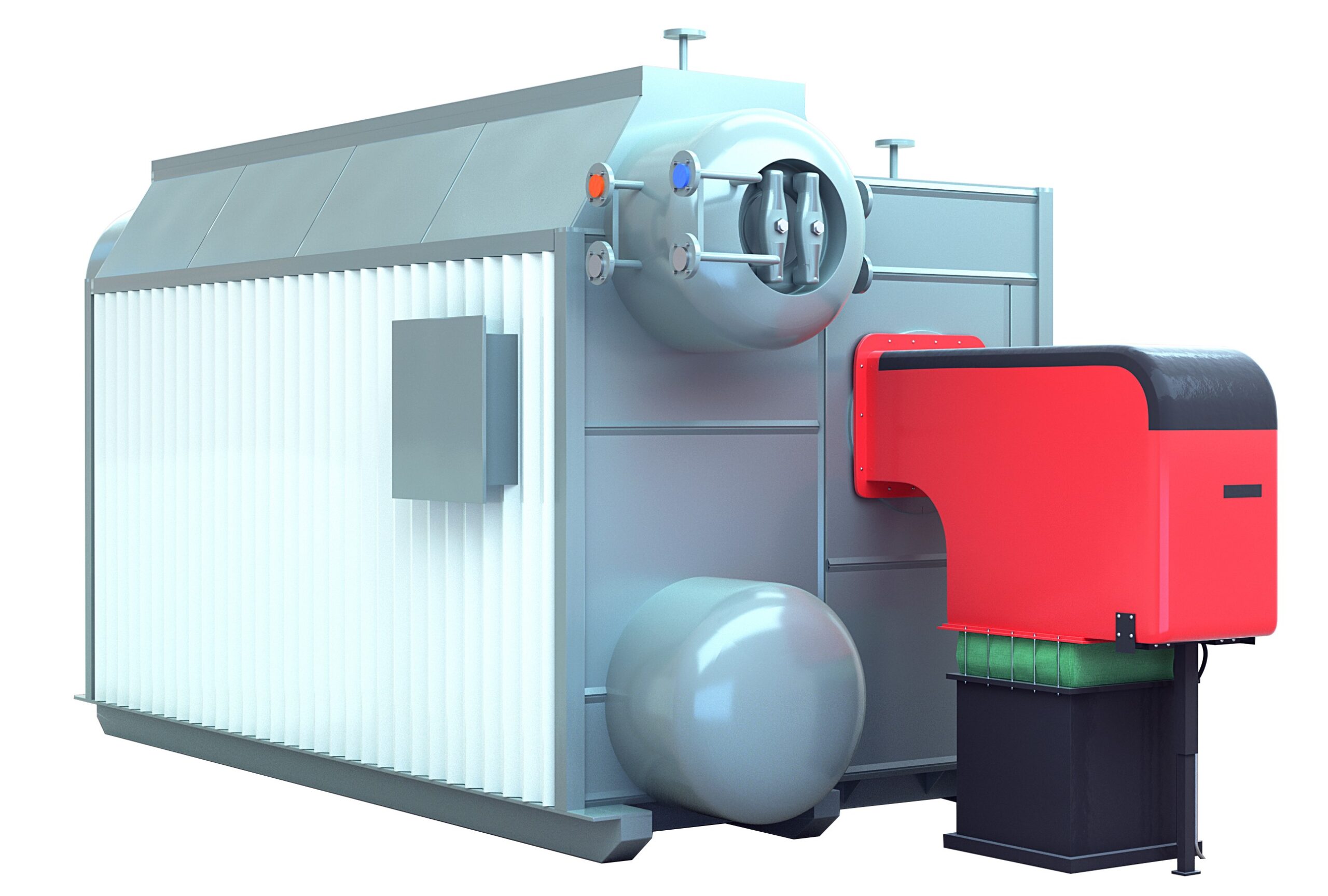
What Factors Influence Response Time for Industrial Boiler Service Providers?
![Image Placeholder: Factors affecting boiler service response time]
Prompt: Industrial boiler service scheduling + technician reviewing service request on tablet + visible factory map and clock + analytical and responsive mood + bright operational lighting
When your industrial boiler needs urgent attention, how fast a service provider can respond depends on more than just your phone call. Several key factors determine how quickly help arrives—some within your control, others tied to logistics, contracts, or geography. Knowing what influences boiler service response time helps you make better decisions about service plans, plant readiness, and communication during an emergency.
Response time for industrial boiler service is influenced by factors such as contract type, geographic location, time of request, technician availability, issue severity, and part stock status. Service agreements and clear communication can significantly speed up response.
Planning ahead and choosing the right service partner can turn hours of downtime into minutes of action.
Response time for boiler repairs is shorter with a service agreement in place.True
Service agreements often include guaranteed response windows and priority access to technicians and parts, reducing delays significantly.
Top Factors That Affect Boiler Service Response Time
| Factor | Impact on Response Time |
|---|---|
| Service Contract Type | Emergency or premium contracts guarantee faster, often same-day service |
| Geographic Location | Urban or regional hub = faster; remote sites may wait 1–2 days longer |
| Time & Day of Request | Weekends/holidays can slow down non-contract service response |
| Technician Availability | Limited staff or high demand periods can delay dispatch |
| Issue Severity | Full shutdowns or safety risks get prioritized over minor issues |
| Parts Availability | If replacement parts are on-site or nearby, repairs happen faster |
| Detail in Service Request | Clear fault description speeds up troubleshooting and preparation |
Real-World Example:
| Scenario | Expected Response Time |
|---|---|
| Contracted plant near service center | 6–12 hours (same day) |
| Remote facility without contract | 3–5 business days |
| Emergency call with vague problem info | 12–24 hours (delayed due to back-and-forth) |
Tip: Always include boiler model, fault codes, location, urgency level, and contact info in your service request. This eliminates delays caused by missing details.
Final Word
If you want fast service, make it easy for your provider to respond—have a contract, provide full details, and keep common parts on-site. When seconds count, preparation pays off.
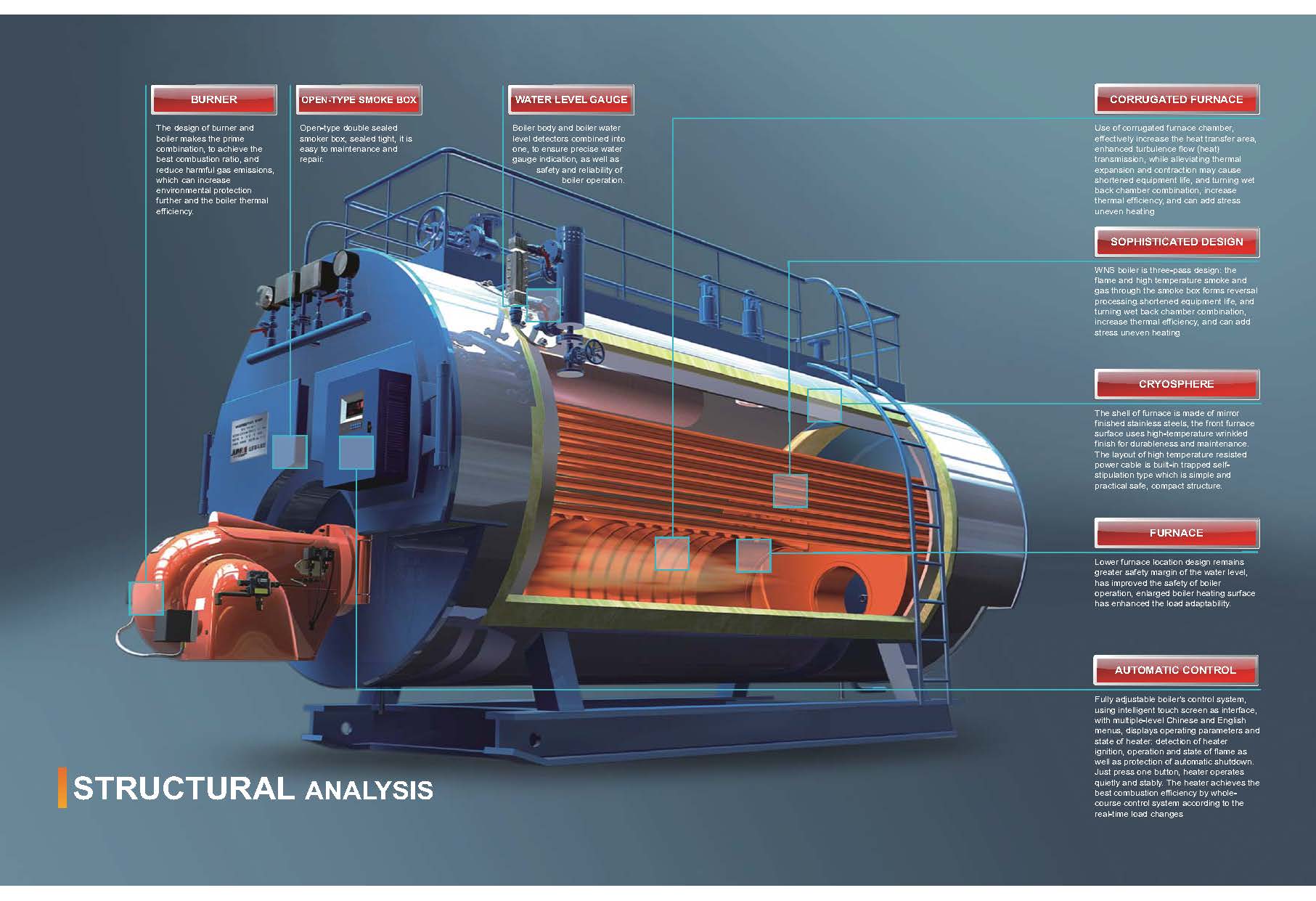
How Do Emergency or Premium Service Contracts Impact Repair Response Time?
When your industrial boiler fails, time is money—and safety. The difference between hours and days in response time can mean lost production, missed deadlines, or regulatory risk. That’s why many facilities choose emergency or premium service contracts, which guarantee fast repair support when it’s needed most. But how much faster are they, really? In this article, we’ll explain how these contracts work and how they directly improve response time compared to ad hoc or standard service calls.
Emergency and premium service contracts typically reduce on-site boiler repair response times to under 12 hours, with some providers offering guaranteed 4–6 hour windows. In contrast, non-contract customers may wait 2–5 business days. These contracts provide priority dispatch, 24/7 availability, and faster access to critical parts and technicians.
The result? Less downtime, faster recovery, and peace of mind during critical failures.
Emergency boiler service contracts provide faster response times than standard service calls.True
Premium service customers receive priority support, often within guaranteed windows, while non-contract clients may face delays depending on technician availability.
Key Differences in Response Time: With vs. Without a Contract
| Service Type | With Emergency/Premium Contract | Without Contract (Standard Call) |
|---|---|---|
| Emergency Repair | 4–12 hours (same day guaranteed) | 2–5 business days |
| 24/7 Availability | ✅ Included | ❌ Limited or not available |
| Priority Dispatch | ✅ First in queue | ❌ Scheduled based on availability |
| Access to Parts | ✅ Reserved stock or fast-track | ❌ Subject to inventory and lead time |
| Remote Troubleshooting | <1 hour response | 4–12 hour average |
Additional Contract Benefits That Speed Up Service
Dedicated service hotline for instant access
Pre-registered boiler details for faster triage
Site familiarization visits so technicians arrive ready
Guaranteed service level agreements (SLAs) that protect your operations
Tip: Emergency service contracts often pay for themselves in just one avoided shutdown. Compare the cost of downtime versus the cost of a fast-track agreement.
Final Word
If uptime is critical to your plant, an emergency or premium service contract is not just a convenience—it’s a smart investment. These agreements guarantee response when you need it most.
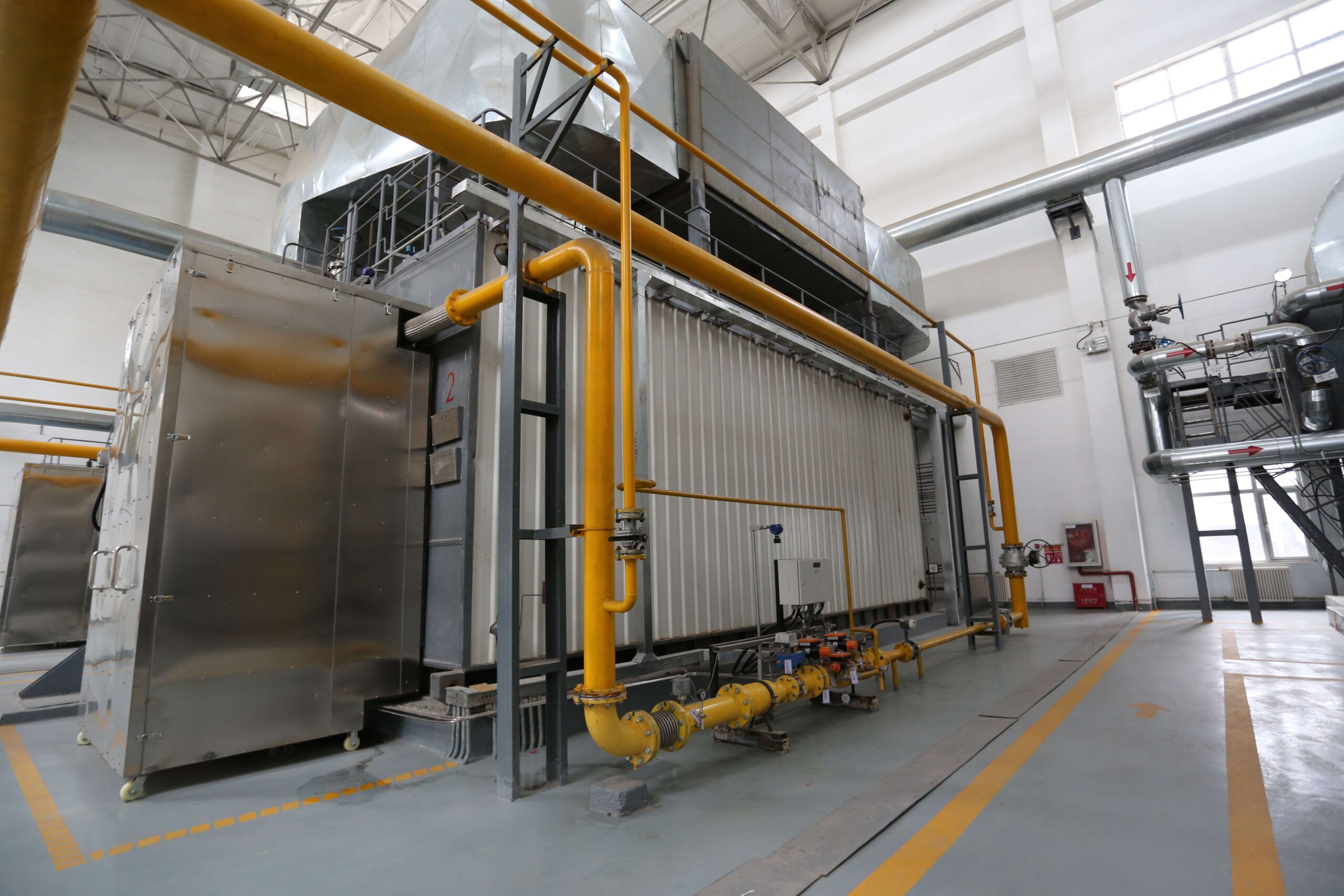
What Should a Service Level Agreement (SLA) Include Regarding Boiler Support?
A Service Level Agreement (SLA) is more than just a piece of paperwork—it’s your safety net for fast, reliable boiler support. Whether you’re operating a steam plant, a process heating system, or a critical production line, an SLA outlines the exact expectations between you and your service provider. If it’s missing key details, you could face long response times, unclear responsibilities, or uncovered costs when you need help most. In this article, we’ll explain what every boiler support SLA should include to keep your operation protected and your downtime minimized.
A boiler service SLA should include: (1) guaranteed response times, (2) scope of covered services, (3) technician availability (24/7 or business hours), (4) spare parts access terms, (5) escalation procedures, (6) performance metrics, and (7) cost and renewal conditions. These elements ensure clear expectations and fast, accountable support.
With a well-structured SLA, you’re never left guessing what help is available—or when it will arrive.
A clear SLA improves response time and accountability for industrial boiler service.True
Service providers with a formal SLA commit to defined timeframes, support standards, and resource access, reducing downtime and communication delays.
Key Components Every Boiler SLA Should Contain
| SLA Component | What It Should Include |
|---|---|
| Response Time Guarantees | Exact hours (e.g., 4 hrs for emergency, 24 hrs for non-urgent calls) |
| Service Hours | 24/7 coverage or specific business hours |
| Scope of Services | What’s included—inspections, emergency repairs, remote support, etc. |
| Parts Availability | Access to priority inventory, lead time guarantees |
| Performance Metrics (KPIs) | Uptime %, repair resolution time, first-time fix rate |
| Communication Protocols | How to report issues, whom to contact, escalation tiers |
| Site Familiarization | Initial boiler review and technician training on-site |
| Pricing & Inclusions | Flat rate, labor hours, travel costs, included vs. billable services |
| Renewal & Exit Clauses | Contract length, cancellation terms, renewal process |
Example SLA Clause for Emergency Support
“For any critical boiler failure resulting in total shutdown, the service provider shall dispatch a qualified technician on-site within 6 hours of ticket submission. Failure to meet this standard will result in a 10% service credit applied to the monthly invoice.”
Final Word
A strong SLA removes uncertainty and ensures you get what you’re paying for—fast, accountable, expert boiler support when you need it most.

How Can Facilities Optimize Readiness for Faster Boiler Technical Support?
When boiler issues arise, every second counts. But even with 24/7 support on paper, delays often happen because the facility isn’t ready to provide the right information or access. The key to faster boiler technical support isn’t just having a service contract—it’s being fully prepared when the issue occurs. Proper preparation can shave hours off your resolution time, minimize downtime, and help technicians solve problems on the first visit.
Facilities can optimize readiness for faster boiler technical support by maintaining updated documentation, keeping a detailed maintenance log, storing critical spare parts, designating a point-of-contact, and ensuring remote or physical access to key boiler areas. This enables technicians to diagnose and fix problems quickly without unnecessary delays.
Being organized isn’t extra work—it’s a built-in advantage when your operation is on the line.
Facility readiness significantly improves boiler technical support speed and repair efficiency.True
Facilities with proper documentation, access, and part availability allow technicians to work faster and avoid delays in diagnosing or resolving issues.
7 Ways to Optimize Your Facility for Faster Boiler Support
| Optimization Area | Action Step |
|---|---|
| Documentation Readiness | Keep updated boiler manuals, wiring diagrams, and past service reports on hand |
| Maintenance Log Access | Maintain digital or written records of inspections, errors, and repairs |
| Spare Parts Inventory | Stock critical items like sensors, gaskets, and ignition components |
| Designated Contact Person | Assign someone trained to speak with tech support and provide access |
| Remote Monitoring Setup | Use smart systems to allow technicians to view live data off-site |
| Clear Physical Access | Ensure boiler rooms and control panels are unlocked and unobstructed |
| Issue Reporting Protocol | Use a simple form or checklist for quickly describing faults and symptoms |
Example: Effective Service Call Starts with Good Info
“We’ve had 3 burner misfires on our Cleaver-Brooks CB700 in the last 24 hours. Sensor readings show fluctuating flame signals. Ignition electrode was replaced 6 months ago. Maintenance log and part numbers are attached.”
That kind of clear report lets support staff act fast, send the right technician, and possibly resolve the issue remotely.
Final Word
Fast support starts with a prepared facility. A few small steps—like keeping good records and stocking key parts—can save hours of downtime when every minute matters.
🔍 Conclusion
Response time is a critical performance factor when it comes to industrial boiler support. Knowing what’s standard—and what’s possible under emergency contracts—allows plant managers to minimize downtime, reduce losses, and protect operational safety. Selecting a service partner with fast, guaranteed response times can make the difference in a crisis.
📞 Contact Us
💡 Need fast and reliable support for your industrial boiler? We provide 24/7 technical assistance, emergency field service, preventive maintenance plans, and SLA customization to keep your operations running smoothly.
🔹 Let us help you reduce downtime and ensure rapid recovery for your boiler system. 🧰🔥📈✅
FAQ
What is the typical response time for industrial boiler technical support?
Response time depends on support agreements, supplier location, and issue severity:
Standard remote technical support: 4–24 hours
Priority SLA or contract clients: <4 hours response
24/7 emergency hotlines: Immediate call response
Email support: 1–2 business days (non-critical)
Most OEMs and service providers offer tiered support plans with guaranteed response windows.
How fast can on-site repair teams arrive for industrial boiler issues?
Arrival times vary based on location, urgency, and service contracts:
Urban or industrial zones: 2–6 hours
Remote or international sites: 12–48 hours
Emergency dispatch (with premium support): Within 2 hours
Many boiler service companies offer rapid deployment teams for critical infrastructure and power plants.
What factors affect technical support response time?
Several elements impact support timing:
Service-level agreements (SLAs)
Time of request (business hours vs. nights/weekends)
Geographical proximity of service centers
Availability of technicians
Nature of the problem (diagnostics vs. full repair)
High-priority customers often receive guaranteed rapid escalation paths.
Is 24/7 technical support available for industrial boilers?
Yes, most large manufacturers and third-party service providers offer 24/7 technical support for critical systems. This includes:
Phone support with live engineers
Remote diagnostics and monitoring
After-hours dispatch for field service
Online support tickets or chat systems
24/7 service is usually part of premium maintenance contracts or long-term boiler service agreements.
How can companies ensure fast repair response times?
To reduce downtime and ensure rapid service:
Sign an Annual Maintenance Contract (AMC) with fast-response SLAs
Choose local service partners or authorized dealers
Use smart boiler monitoring systems with remote alerts
Maintain a critical spare parts inventory on-site
Conduct regular inspections to identify issues early
Proactive planning helps avoid prolonged outages and boosts operational resilience.
References
Cleaver-Brooks Support Services – https://www.cleaverbrooks.com
Powerhouse Boiler Emergency Services – https://www.powerhouse.com
Hurst Boiler Repair and Support – https://www.hurstboiler.com
Nationwide Boiler Field Service Response – https://www.nationwideboiler.com
Spirax Sarco Boiler Service Contracts – https://www.spiraxsarco.com
Indeck Power Equipment Technical Support – https://www.indeck.com
Thermodyne Boilers AMC & Support Details – https://www.thermodyneboilers.com
Boiler Emergency Maintenance Tips – https://www.bioenergyconsult.com
Boiler Service SLA Guidelines – EPA – https://www.epa.gov
Remote Boiler Monitoring Systems – https://www.automation.com

